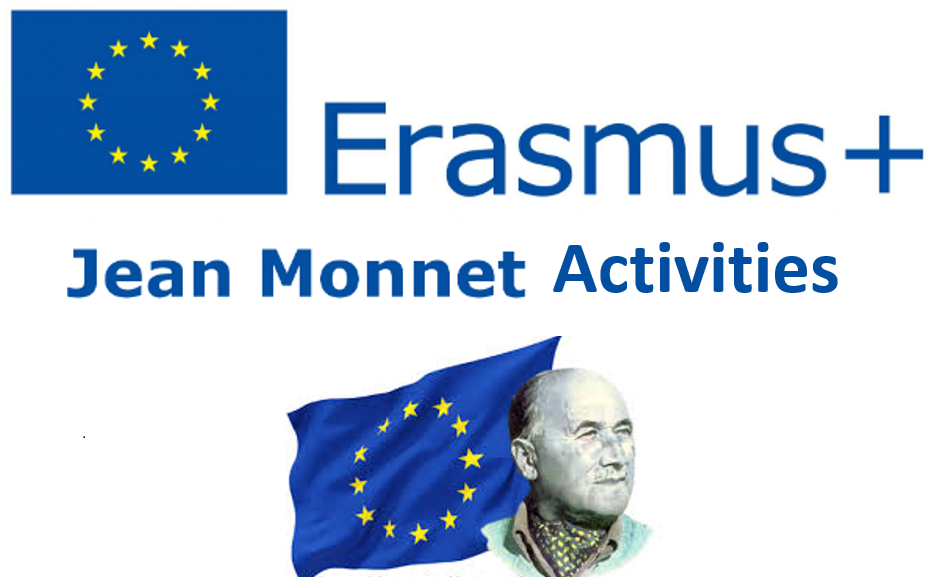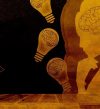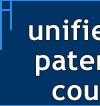Our public lectures series on topical issues of intellectual property law and policy is open to anyone to attend, but space is limited. Please email Terry Mitchell to reserve a place on one or all of the lectures. The events will take place at the Executive Business Centre, close to Bournemouth train station.

____________________________________
Péter Mezei (University of Szeged, Hungary): “From Leonardo to the Next Rembrandt – The Future of Authorship, Originality and Moral Rights in the Age of Algorithms”
Thursday 6 February 2020, 18.00, Room EB 306
The idea of protecting authors of creative works gained relevance first during the Renaissance, when the notion of humanism, coupled with technological innovation, led to the blossoming of individualism and European culture. The early monopolies and the first copyright acts provided an economic incentive for the creation and dissemination of works. From the 19th century, the romantic concept of authorship, coupled with the notion of moral rights transformed copyright law into a more colourful regime. The triangle of interests (those of the authors, intermediaries and the society) have led to a fragile, but functioning copyright ecosystem. Technological innovation and social demands have constantly put this balance at stake. Among others, artificial intelligence (AI) poses new challenges by putting some of the most fundamental concepts of the human-centred copyright regime at stake. While technological development is inevitable and necessary in our modern society, copyright protection is not a necessary prerequisite of innovation. While AI-positivists lobby for the extension of protection to (at least certain) outputs of algorithms, AI-pessimists fear of unintended side-effects that might hinder human creativity (and maybe chill cultural development in general). The presentation – taking an AI-pessimistic position – aims to argue that granting exclusive rights to AI-investors or the machines themselves is not needed for the prosperity of AI-industry. Indeed, society would benefit more from a non-exclusive and publicly controlled AI-environment.
Dr. Péter Mezei is Associate Professor of Law at the University of Szeged (Hungary).
Noam Shemtov (Queen Mary, University of London): “Cohabitation or collision: the challenge to patent law of AI activity in invention-making processes“
Thursday 5 March 2020, 18:00, Room EB 306
The emergence and of AI technology and the fast pace advancements in the science surrounding this area challenge various legal frameworks that, at present, constitute the legal landscape on which we rely. This is particularly so in the area of intellectual property law, and more specifically, our patent law regime. This public lecture will address the challenges posed by the use of AI technology in invention-making processes in relation to three aspects of our patent law regime: (1) Inventorship/Ownership; (2) inventive step and the concept of the ‘skilled person’; (3) the requirement of sufficiency of disclosure. It will seek to bring much needed clarity into this filed, while assessing the suitability of our present regime to such challenges.
Dr Noam Shemtov is Reader in Intellectual Property and Technology Law at the Centre for Commercial Law Studies, Queen Mary University of London.
Richard Arnold (Lord Justice of Appeal) “Standard Essential Patents and FRAND licensing”
Thursday 2 April 2020, 18:00, Room EB 306
Abstract t.b.c.
Sir Richard Arnold is Judge at the UK Court of Appeal, specializing in intellectual property law.
_______________________________________
Past public lectures series
2019
2018
2017
2016
2015
2014
2013






